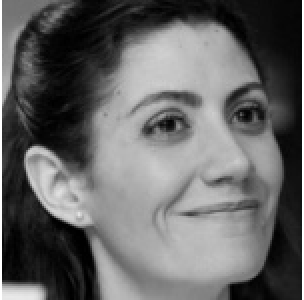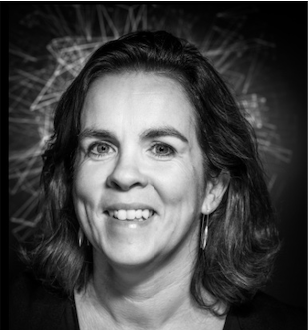Keynote Speakers
 Idalete Dias
Idalete Dias- Affiliation:
- Universidade do Minho
Idalete Dias is an Associate Professor at the School of Arts and Humanities of the University of Minho, holding a PhD in Language Sciences from the same University since 2010.
Between 2016 and 2017, she coordinated the working group responsible for the creation of the Master’s Degree Program in Digital Humanities at the School of Arts and Humanities of the University of Minho, the first Master’s Degree Program in Digital Humanities in Portugal, having served as Director of the Program between 2018 and 2020.
She is currently the Coordinator of the European Master’s Program in Lexicography (EMLex) at the University of Minho, an Erasmus Mundus Joint Master’s Degree until 2029/2030. She was Coordinator of the Quality Assurance Committee of this Master’s program from 2017 to 2024.
She develops scientific activity at the Center for Humanistic Studies of the University of Minho (CEHUM), currently serving as the Center’s Vice Director. Her main research areas are Corpus Linguistics, Lexicography, Terminology, Natural Language Processing, and Digital Humanities.
She has co-coordinated research projects funded by the (national public) Foundation for Science and Technology (FCT) and also international research funding institutions. The most relevant projects are:
- The Language of Cyberbullying: Forms and Mechanisms of Online Prejudice and Discrimination in Annotated Comparable Corpora of Portuguese and English.
- The Per-Fide Parallel Corpus: Portuguese in parallel with six languages (Portuguese, Spanish, Russian, French, Italian, German, English).
- The international project that studied the use of online lexical and lexicographic resources by Portuguese, Spanish, and Italian learners of German as a foreign language, funded by the Leibniz Institute for the German Language.
She is also the Coordinator of several Digital Humanities projects that focus on the preservation and electronic encoding of textual heritage, namely the correspondence of the composer and pianist Eurico Thomaz de Lima, the correspondence addressed to Camilo Castelo Branco and Portuguese medical texts from the 17th and 18th centuries.
 Órla Murphy
Órla Murphy- Affiliation:
- University College Cork
Orla Murphy PhD MPhil Dip Acc and IS Dip Med Studies PG Cert TLHE is Head of the School of English and Digital Humanities, University College Cork, Ireland.
She is Irish National Representative and Vice Chair of the Scientific Committee of CoST-EU; Co-operation in Science and Technology and Irish National Representative on the SSH SWG Social Science and Humanities Special Working Group of ESFRI the European Strategy Forum on Research Infrastructures.
Nationally she Co Chairs ACERR The Arts and Culture in Education Research RepositoryShe has been a board member at DRI, the Digital Repository of Ireland and national coordinator of DARIAH Ireland – the digital research infrastructure for arts and humanities. She has made contributions at her home university as deputy chair of the teaching and learning committee, and chair of the digital education advisory group, particularly through the COVID period. She has been teaching online since 2008 and co-designed the first online MA in the faculty of Arts, Celtic Studies and Social Sciences in 2012. She has taught students online from Shanghai to Seattle, and most recently two MA cohorts in Egypt.
She specialises in the concept of knowledge representation, specifically textuality and the impact of text technologies on the world, from Socrates to XR, with a particular focus on the Digital Humanities. Simultaneously her research explores the integration of emerging digital technologies (with)in the humanities in scholarship and in pedagogy.